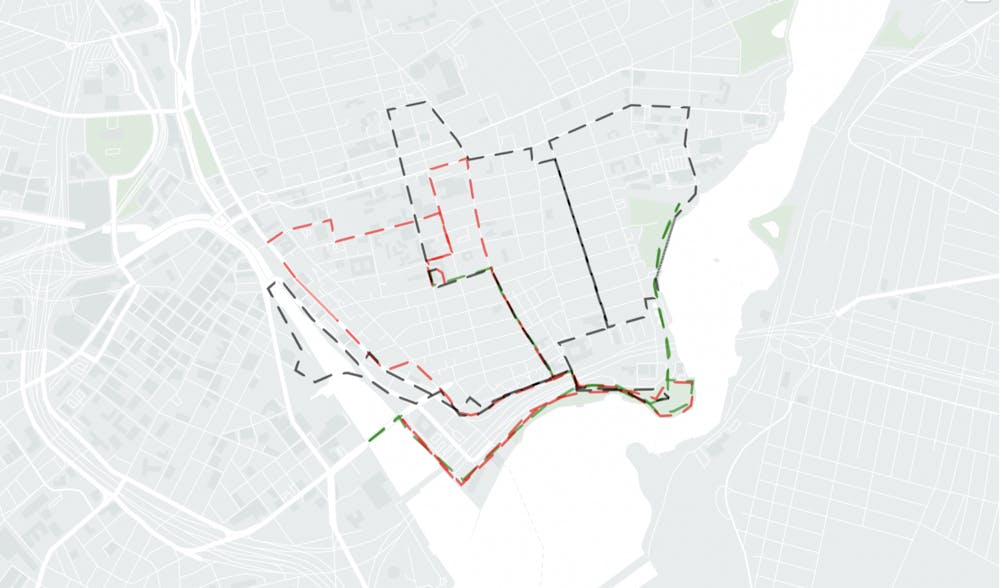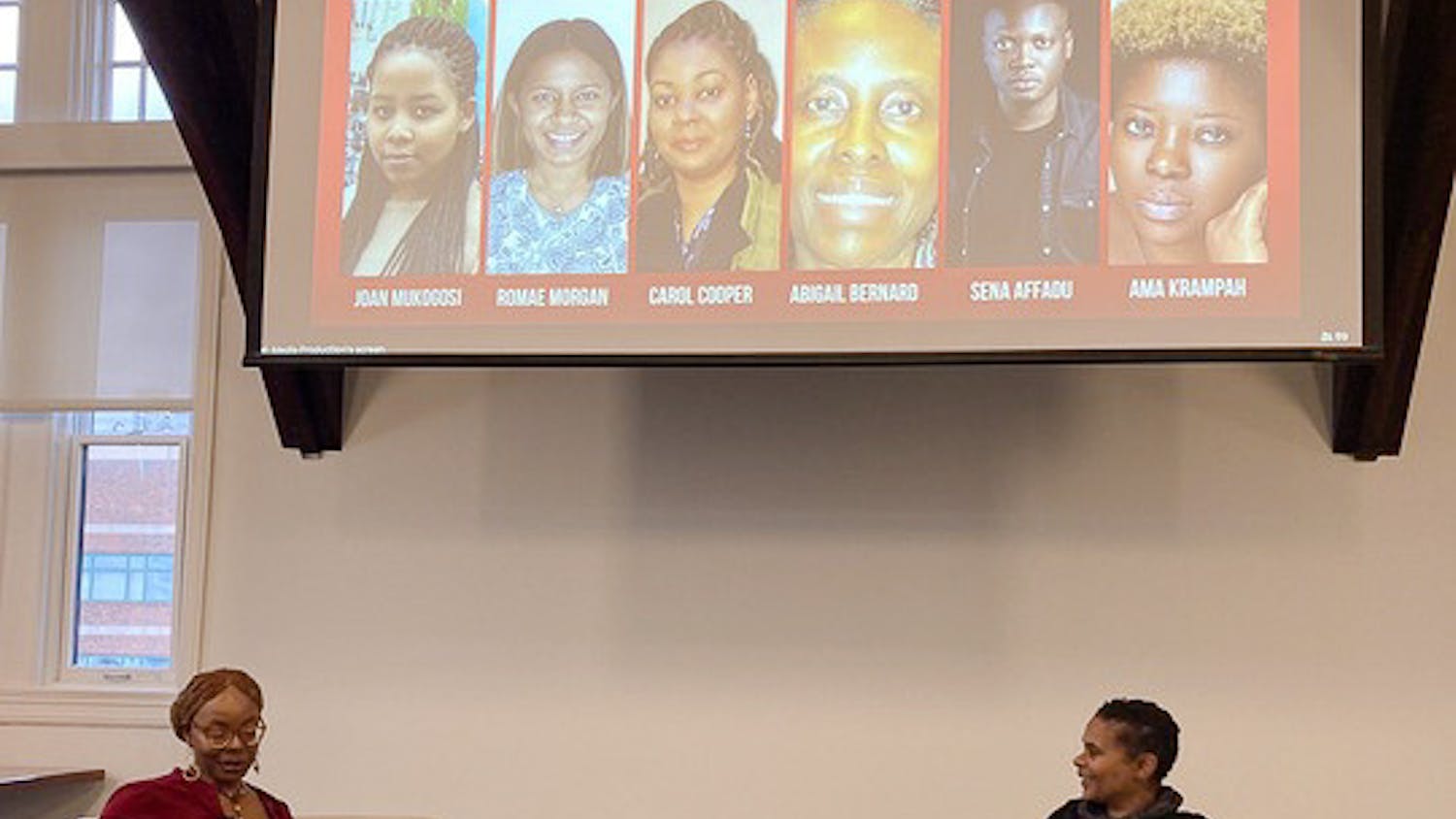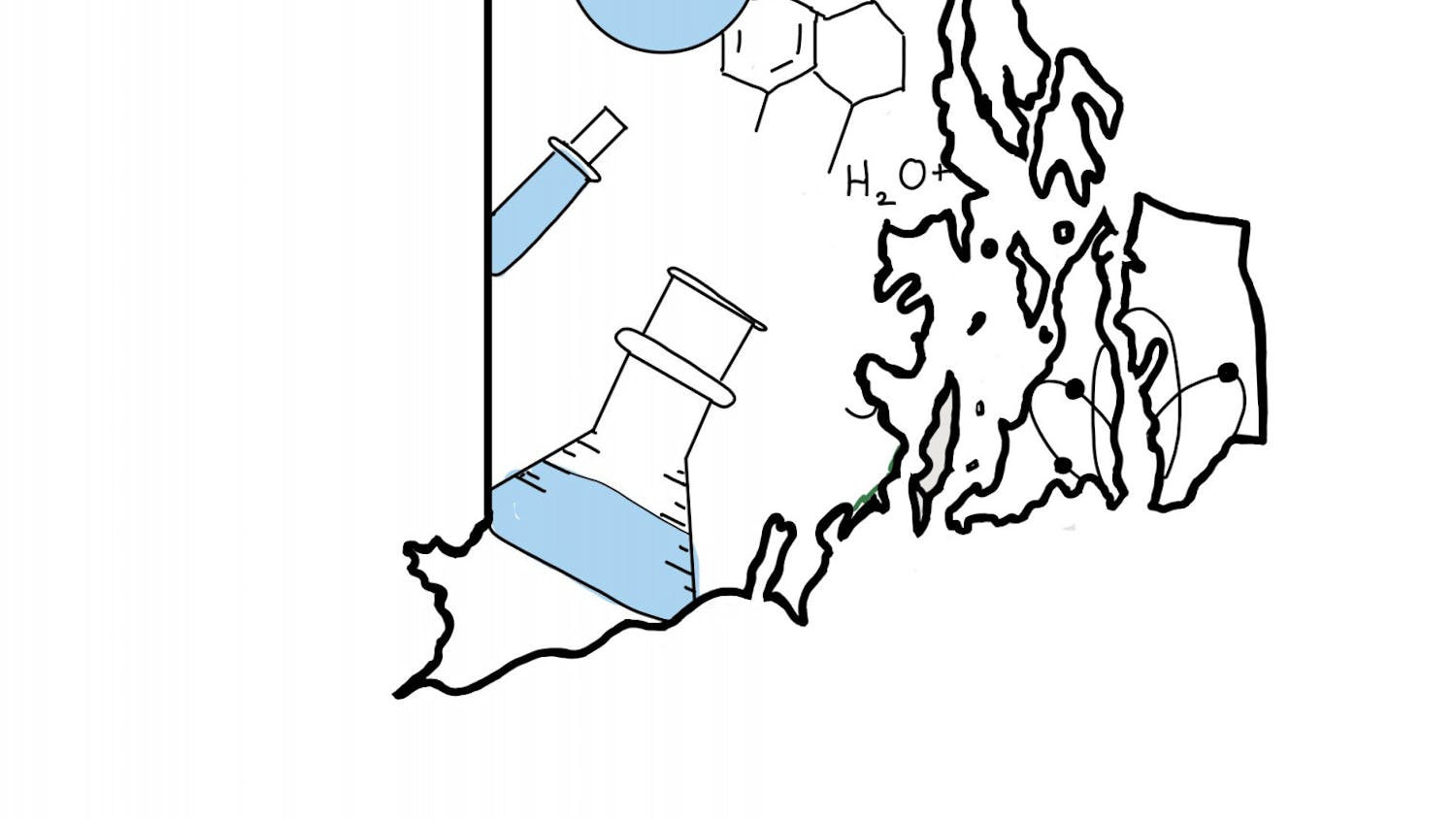On March 20, Roshan Sapkota ’23 ran a 10K — his 10th in a series of long-distance runs.
The runs were part of Sapkota’s effort to fundraise for a global health project based in Nepal that employs community health workers to “test if an innovative, trauma program will improve patient outcomes,” according to Ramu Kharel, assistant professor of emergency medicine at the Warren Alpert Medical School.
Sapkota became involved in the project last semester, after reaching out to Kharel, who has a “a big presence” in advocating for public health measures in Nepal, Sapkota said. “He was really accepting and inviting and he had a project centered around improving pre-hospital care that we wrote up a grant application for.”
Sapkota explained that pre-hospital care is the treatment a patient receives before arriving at the hospital, specifically after experiencing traumatic injuries. “In the United States … you can dial 911 and have access to an ambulance in a very quick time,” he said. But Nepal’s hospital healthcare system and terrain pose “a very significant challenge to provide pre-hospital care.”
According to Sapkota, the project specifically aims to “supply the community health workers in a remote … city named Achham” with equipment such as cervical collars and long spinal boards, which are used to help stabilize patients and safely transport them to care.
“We realized a lot of patients, they’ll have a traumatic injury, and they’ll just walk to the hospital, which is sometimes 50 to 100 kilometers away.” This often further adds to their injuries, Sapkota said. “Our plan is to supply the community health workers with equipment to help … stabilize patients and to help them safely transport patients.”
To help fund the project, Sapkota and Kharel applied for the Edward Giuliano ’72 Fellowship, which funds “transformative” opportunities for undergraduate students, according to the University’s website.
But while the grant money was able to cover travel expenses, it was “insufficient to really finish the project with quality” and unable to cover equipment costs, Sapkota said. This led him to seek out other grants and fundraising opportunities to fill the funding gap.
Sapkota said that he was thinking of ways to make the fundraiser meaningful to convey what his project was trying to achieve.
“I came across a story of a young man and his daughter who had to travel up to 100 kilometers just to get care,” Sapkota said. “His daughter had an arm injury that you’d want to get immediate care for, but they had to travel by foot and off-road transportation.”
Inspired by this story, Sapkota decided to fundraise by running 10 kilometers 10 times, posting updates on his Facebook. He ran rain or shine, and was joined by friends for some of his runs.
“I was really (trying to) put it into perspective for people who are following my donations,” Sapkota said. After “all this running, after 62 miles of running, they were finally able to get care.”
Sapkota also talked about the impact his fundraiser had on his donors. “I remember seeing a comment from one of my relatives being like, ‘Oh, wow, after this whole challenge is only when they would get access to care.’”
Since he launched the fundraiser on GoFundMe, Sapkota has raised over $3,100, exceeding the target goal of $2,500. He added that each donation averaged $60 to $70 per person.
Upon receiving the donations, Sapkota said that he was “filled with overwhelming emotions to see that amount of support by random strangers.”
“I just thought it was cool that he actually followed through on this,” said Abhinav Sriram ’23, Sapkota’s friend.
Sriram said that at the age of five, Sapkota and his family immigrated to the United States during the Nepalese Civil War. “He’s always wanted to go back and do something back home,” Sriram said. “It’s kind of always been a big part of why he wants to be a doctor.”
“I would say he really likes giving to others and helping others,” Sriram added. “Even though he didn’t grow up with much … (his) attitude toward giving and helping others is very generous.”
“He’s a caring guy who looks out for his community, both nearby and far away,” said Matthew Yee ’23, another friend of Sapkota.
Kharel wrote that Sapkota is a “hard-working” student who is very “passionate” about supporting Nepal and its inhabitants. “I’ve been very proud, watching him run every day,” he wrote. “I’ve also seen how this has inspired other folks.”
Tuesday, Sapkota traveled to Nepal to begin his work. With the additional funding, Kharel wrote that he and Sapkota will work on procuring the equipment in a “sustainable fashion,” and helping to establish a “continuous supply” of pre-hospital care equipment to Nepal.
Jennifer Shim is a University News editor overseeing the staff and student labor beat. She is a sophomore studying Applied Math-Economics. Outside of The Herald, you can find her playing NYT Connections.





